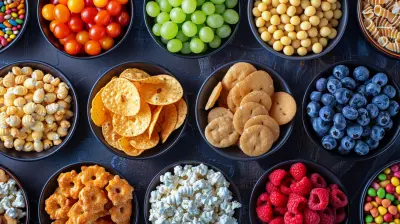How Your Diet Affects Your Cholesterol: Foods to Focus On
11 October 2025
Ever looked at a nutrition label and wondered how that tiny thing could affect something as serious as cholesterol levels? You’re not alone. Cholesterol can feel intimidating—it sounds like one of those health buzzwords people throw around without really knowing what it means. But here’s the truth: the food you eat plays a huge role in how your body handles cholesterol.
Let’s take a closer look at how your everyday meals impact your cholesterol levels, what foods you should lean into, and which ones you might want to kick to the curb.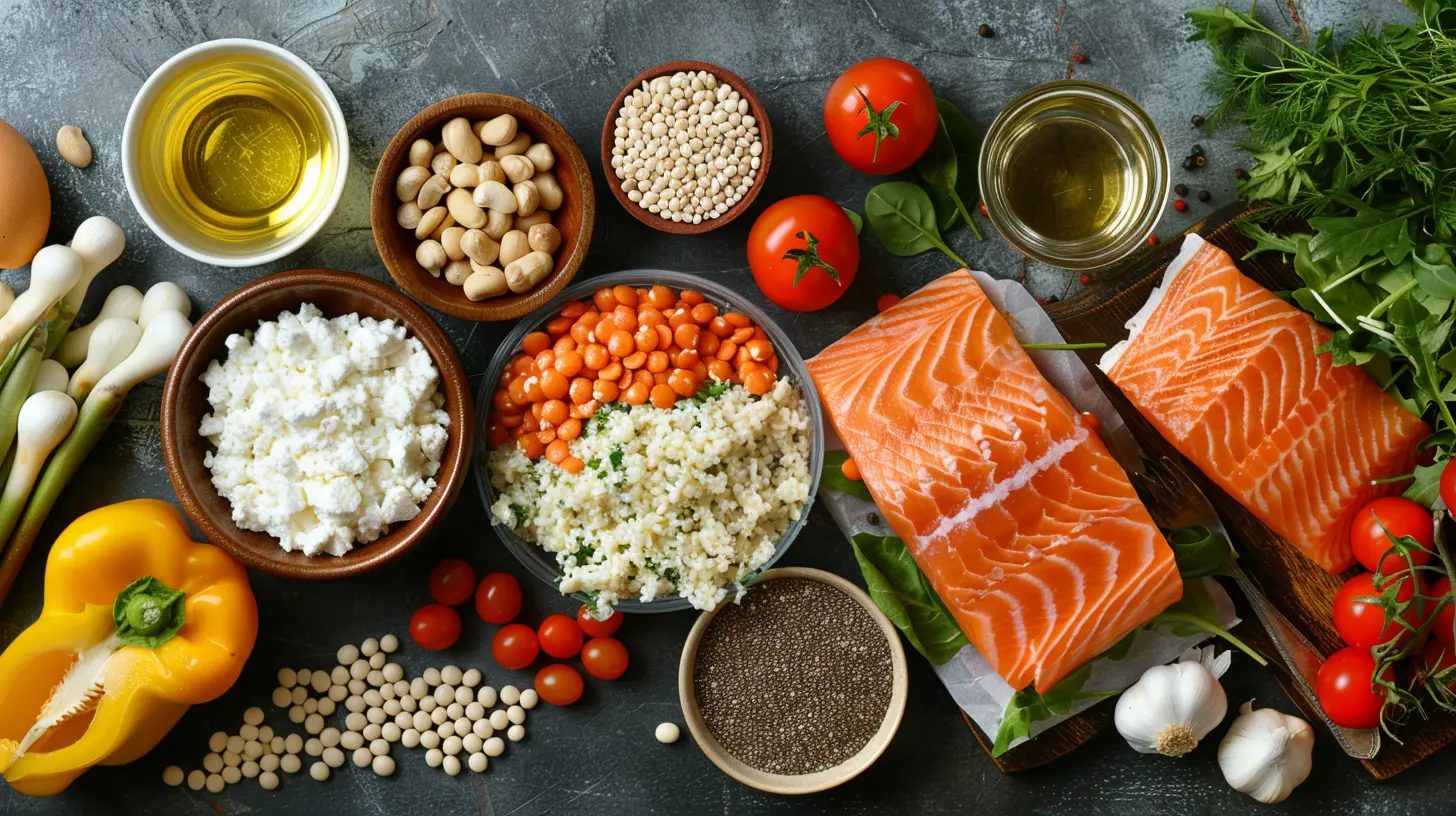
What is Cholesterol, Really?
Cholesterol isn’t all bad. In fact, your body actually needs it. It’s a waxy, fat-like substance found in every cell of your body. It helps to make hormones, vitamin D, and substances that help you digest food. Your liver makes all the cholesterol your body needs, but—you guessed it—cholesterol also comes from the food you eat, especially from animal products.And here's where it gets tricky. There are two main types:
- LDL (Low-Density Lipoprotein): Often called "bad" cholesterol. Too much of it can lead to plaque buildup in your arteries, which can cause heart disease and stroke.
- HDL (High-Density Lipoprotein): The "good" kind. It helps remove LDL cholesterol from your bloodstream, acting like a cleanup crew.
Your goal? Lower the LDL and raise the HDL—it's like balancing a seesaw.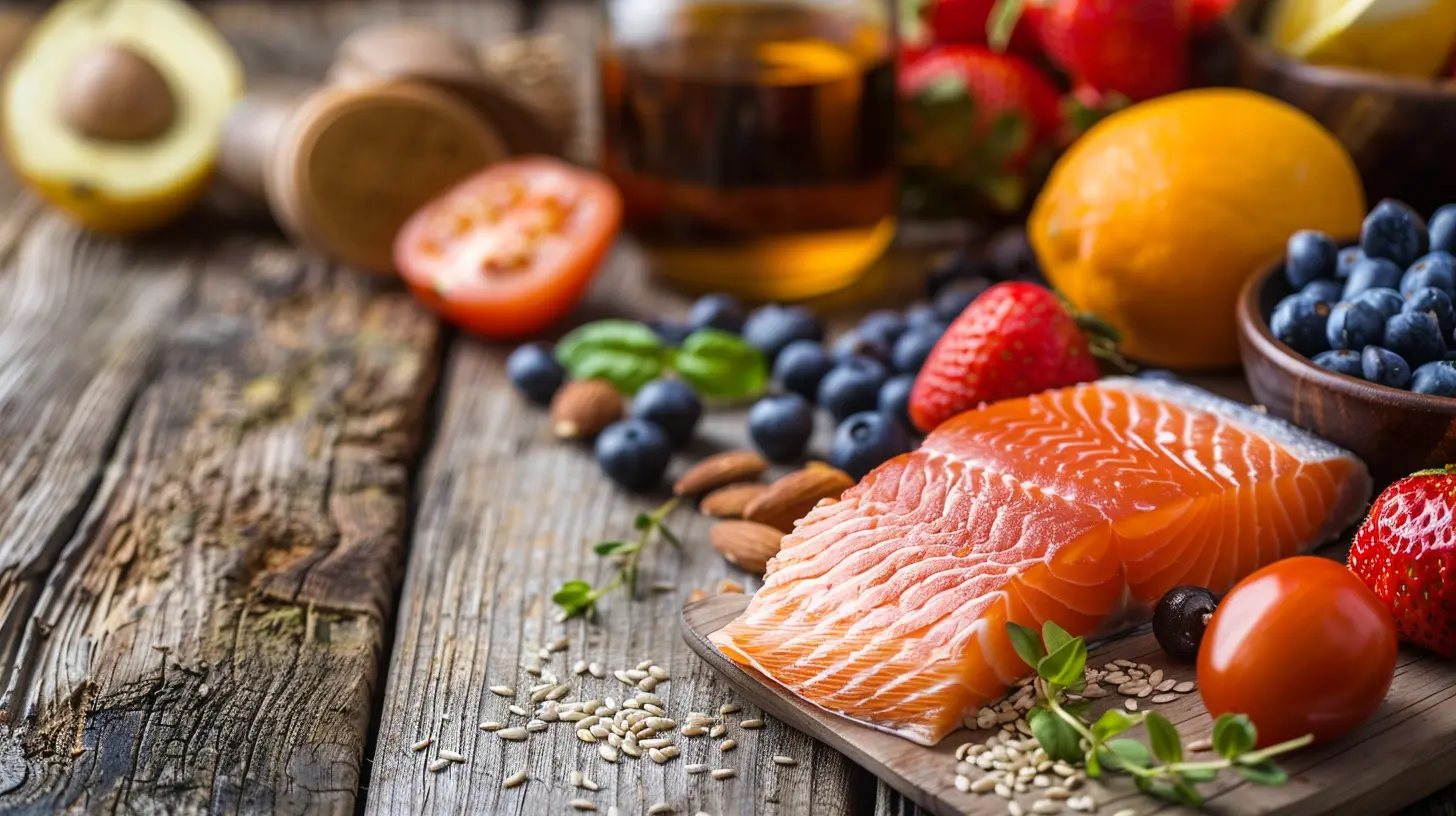
So, How Does Your Diet Influence Cholesterol?
Think of your body like a car’s engine. The food you put in is like the fuel. Bad fuel leads to clogged filters and inefficient performance, right? The same goes for your body. Certain foods can increase your LDL cholesterol, while others help boost HDL or reduce the amount of cholesterol your liver produces.Let’s break this down into what to eat more of—and what to cut back on.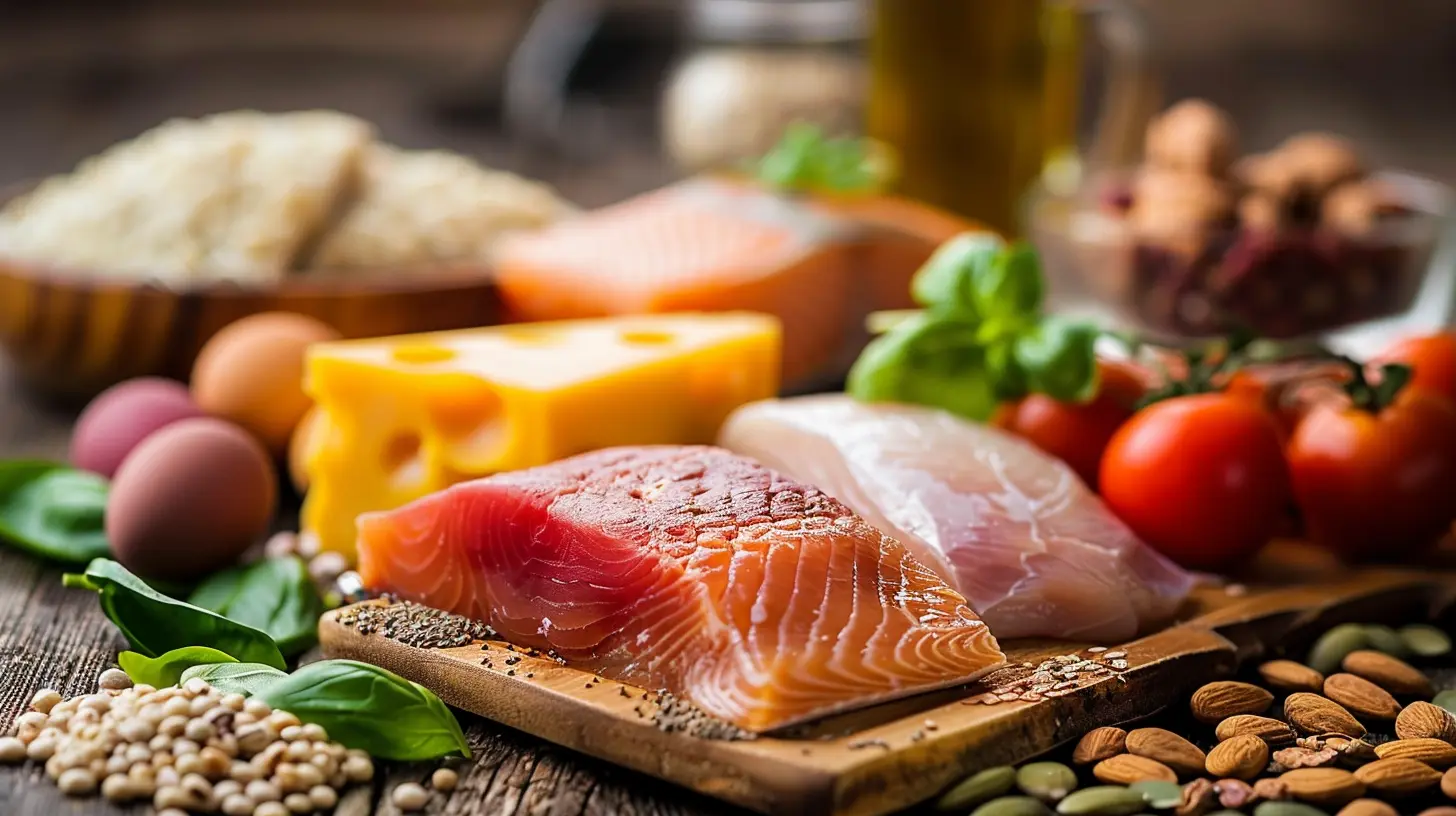
Foods That Help Lower Bad Cholesterol (LDL)
1. Soluble Fiber: The Sponge for Cholesterol
If LDL is the gunk in your pipes, soluble fiber is the drain cleaner. It dissolves in water to form a gel-like material, trapping cholesterol and getting rid of it before it enters your bloodstream.Top Picks:
- Oats and oat bran (hello, morning oatmeal!)
- Beans and lentils
- Apples, berries, and citrus fruits
- Barley and whole grains
- Psyllium husk (bonus: it helps with digestion too)
2. Healthy Fats: Good Guys With Benefits
Not all fats are created equal. Unsaturated fats—particularly monounsaturated and polyunsaturated—can help lower LDL cholesterol and raise HDL.Good Sources:
- Avocados
- Olive oil and canola oil
- Fatty fish like salmon, mackerel, and sardines
- Nuts such as almonds, walnuts, and pistachios
- Seeds like flaxseeds and chia seeds
Try swapping butter for olive oil or snack on a handful of mixed nuts instead of chips. Small changes add up quickly.
3. Plant Sterols and Stanols: Nature’s LDL Blockers
These naturally occurring substances found in plants actually block the absorption of cholesterol in your digestive system.Foods Fortified with Plant Sterols:
- Certain margarines
- Orange juice
- Yogurts and dairy-free alternatives
You can also get plant sterols through supplements, but it’s always better to aim for whole foods when possible.
4. Soy-Based Foods: Plants That Pack a Punch
Soy can lower LDL cholesterol when it replaces animal protein in your diet. Plus, it’s a great source of plant-based protein.Top Soy Picks:
- Tofu
- Soy milk
- Tempeh
- Edamame
If you’re new to plant-based eating, try swapping out ground beef for tofu in stir-fries or using soy milk in your coffee. Easy peasy.
5. Omega-3 Fatty Acids: Anti-Inflammatory Superstars
Omega-3s don’t directly lower LDL, but they can reduce triglycerides, raise HDL, and protect your heart from inflammation.Get Your Omega-3s From:
- Fatty fish (at least twice a week)
- Flaxseeds
- Chia seeds
- Walnuts
They’re not a magic fix, but they’re an important part of the bigger picture.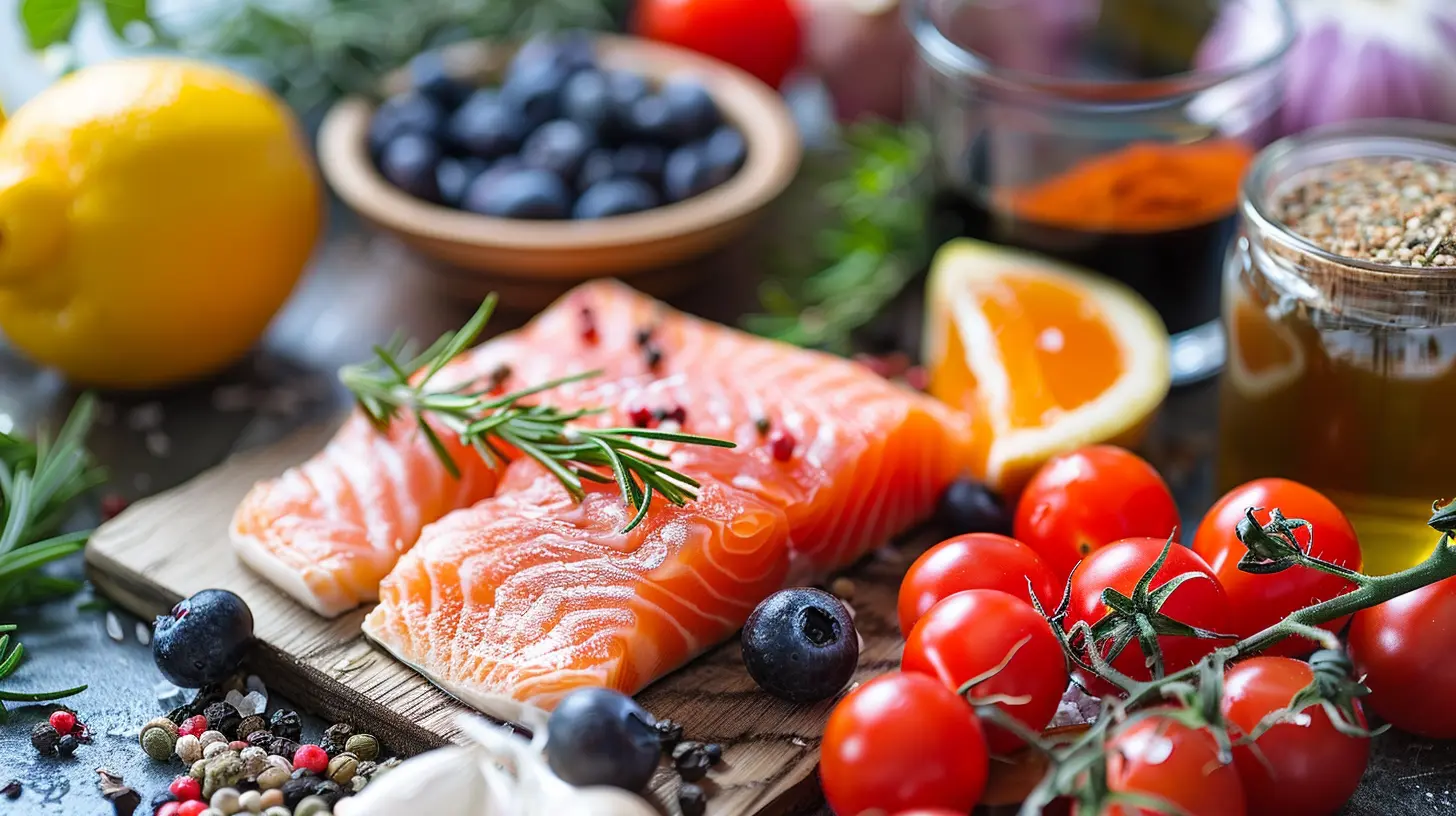
Foods You Should Limit or Avoid
Now that you know what’s good for your cholesterol, let’s talk about the foods that sabotage your heart health.1. Saturated Fats: The Sneaky Saboteurs
Saturated fats increase LDL levels, plain and simple. You’ll find them hiding in:- Red meat (beef, pork, lamb)
- Full-fat dairy (milk, cheese, butter)
- Coconut oil and palm oil
- Processed foods (like pastries and crackers)
Try to keep saturated fat intake to less than 10% of your daily calories. Better yet—aim for under 7%.
2. Trans Fats: Public Enemy #1
Trans fats are the absolute worst. They raise LDL and lower HDL—basically undoing all your hard work. Even though the FDA has banned added trans fats in many products, they might still pop up in small amounts.Where Trans Fats Hide:
- Margarine and shortening
- Packaged baked goods
- Fried fast foods
- Microwave popcorn
Always read the label. If you see “partially hydrogenated oils,” that’s your red flag.
3. Sugar and Refined Carbs: The Blood Sugar Bullies
You might not associate sugar with cholesterol, but overdoing it on sweet and starchy foods can increase triglycerides and lower HDL—two things you don’t want.Watch out for:
- Sugary drinks (soda, sweetened coffee, sports drinks)
- White bread and pasta
- Candy and cakes
- Breakfast cereals with added sugar
Switch to whole grains, cut back on added sugars, and you'll see a big difference.
Lifestyle and Eating Habits That Boost the Benefits
Changing your diet doesn’t mean flipping a switch overnight. It’s about building habits that stick. Here are a few ways to keep your cholesterol in check beyond just food choices.Eat Mindfully
Slow down and savor your food. Eating too fast can lead to overeating—which can lead to weight gain, which can bump up your LDL.Watch Your Portions
Even healthy foods can add up in calories. Use smaller plates, read serving sizes, and listen to your body’s hunger cues.Cook More at Home
When you make your meals, you control what goes in them. Use heart-healthy oils, trim visible fat, and bake or grill instead of frying.Stay Active
A good diet is only part of the equation. Regular physical activity helps raise HDL and lowers LDL and triglycerides. Aim for 30 minutes of moderate exercise most days.Creating a Heart-Healthy Plate: A Simple Formula
Not sure where to start? Use this simple plate guide:- Half your plate: Veggies and fruits
- One-quarter: Whole grains (like quinoa, brown rice, or oats)
- One-quarter: Lean protein (like fish, beans, tofu, or skinless chicken)
Add healthy fats in moderation and drink plenty of water. Done.
Small Changes, Big Impact
Look, nobody’s perfect. You don’t have to give up pizza forever or swear off ice cream. But what you do most of the time matters more than what you do every once in a while. Make intentional choices. Pay attention to what your body’s telling you. And remember—cholesterol is something you can manage, not something to be afraid of.When you fuel your body wisely, you’re not just protecting your heart. You’re also setting yourself up for more energy, better focus, and fewer health scares down the road. And hey, if eating a little more oatmeal and salmon gets you there, that’s a pretty sweet deal, right?
Final Thoughts
Your diet is one of the most powerful tools you have when it comes to managing cholesterol. By focusing on fiber-rich foods, healthy fats, and plant-based proteins—and avoiding processed junk and trans fats—you can do your heart a massive favor.It’s all about balance. Not perfection. Make one small change this week—maybe swap your chips for almonds or try veggie chili instead of beef. Then keep going from there.
Your heart’s going to thank you.
all images in this post were generated using AI tools
Category:
CholesterolAuthor:

Sophia Wyatt
Discussion
rate this article
1 comments
Rhett McLean
Elevate your health journey! Embrace nutrient-rich foods to transform your cholesterol levels and ignite your vitality. Your plate is your power!
October 20, 2025 at 3:56 AM

Sophia Wyatt
Absolutely! Nutrient-rich foods are key to managing cholesterol and boosting overall health. Your choices truly empower your wellness journey!
